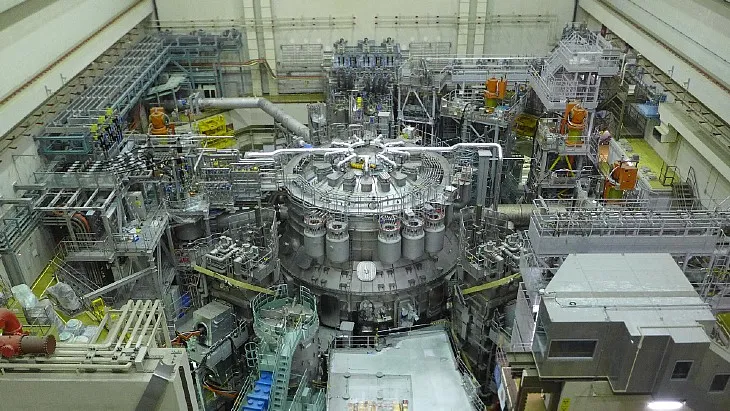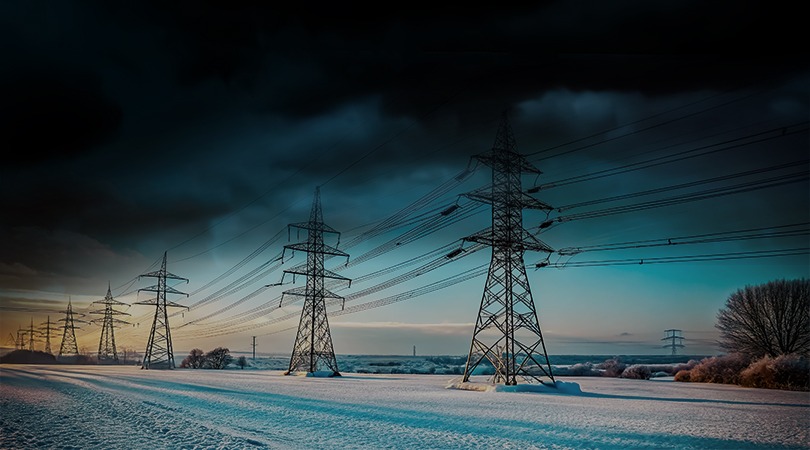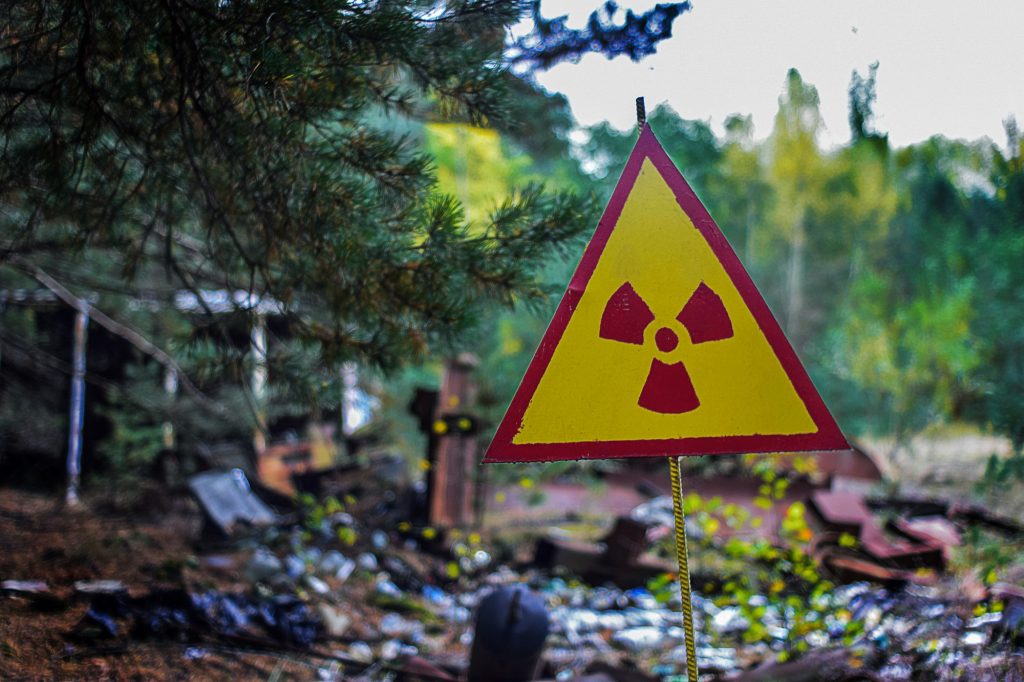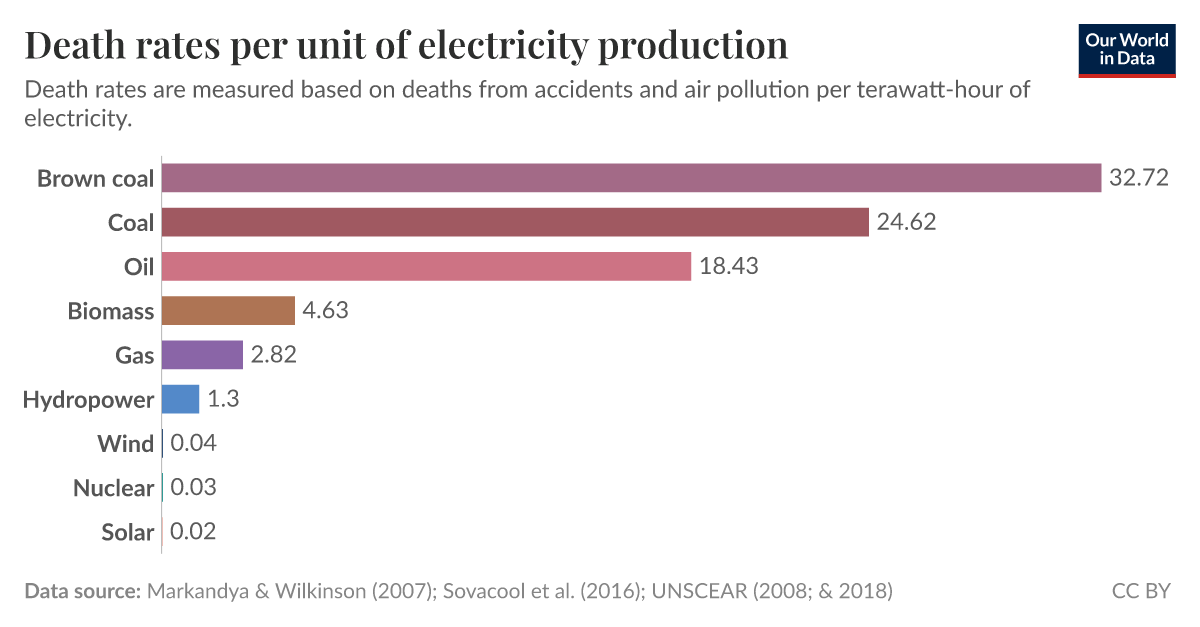mmmhmm, im going to ignore most of the stuff you've posted [..]
No change there - you've ignored almost everything posted by almost everyone.
Your most recent post reached new heights of ignoring things, though. You ignored the difference between the Soviet Union, the United Nations and the International Atomic Energy Agency.
Other things you've ignored are:
The difference between fission and fusion.
The difference between a power station and an unregulated dump site for the early Soviet nuclear weapons program (which they didn't even understand properly since it was partially based on stolen partial information).
The differences between a 1950s design for a fission power station and a modern design for one.
The difference between 2 (the actual number of catastrophic failures of nuclear power stations) and an unspecified large number.
The difference between a false appeal to authority and legitimate references to authority.
Probably some more, but I don't care enough to reread your posts.
Although I think the most important thing being widely ignored is the limits of the choices we have:
i) Use some fission power along with renewables.
ii) Continue to burn fossil fuels and biomass along with renewables.
iii) The end of modern civilisation, the death of billions of people and huge environmental damage.
Not great choices, but that's what we've got to work with. There are
potential solutions that would be better, but none of them exist yet so we can't use them. We don't know when they'll exist. Or if they'll exist.
I'd go for (i) and R&D for as many of those potential solutions as possible so we can get at least 1 of them working as soon as possible. I don't care if it's fusion, some form of mass energy storage with enough capacity, a global energy grid, dilithium crystals, whatever. Anything that works.
Since I'm not ignoring your posts, I'll also reply to your command to buy and read a book just because you told me to. No. I don't always follow book club recommendations and I'm not even in your book club.
I went looking for details on the nuclear power station in Whitehall that you said almost had a catastrophic failure. I couldn't find anything at all. Can you give me some more details? A link would be nice, but even a date would help. Or a country. Or anything.
As for the death toll of Chernobyl, there is legitimate scope for uncertainty about it because it depends on what statistical modelling you choose. In most cases it's impossible to be sure of the degree of possibility that an illness was or wasn't caused by Chernobyl. But even the highest estimate is less than half of the death toll of the worst hydroelectric power station failure (and there have been far more dam failures than nuclear power station failures) but that hasn't resulted in the same degree of anti-hydroelectric sentiment.








